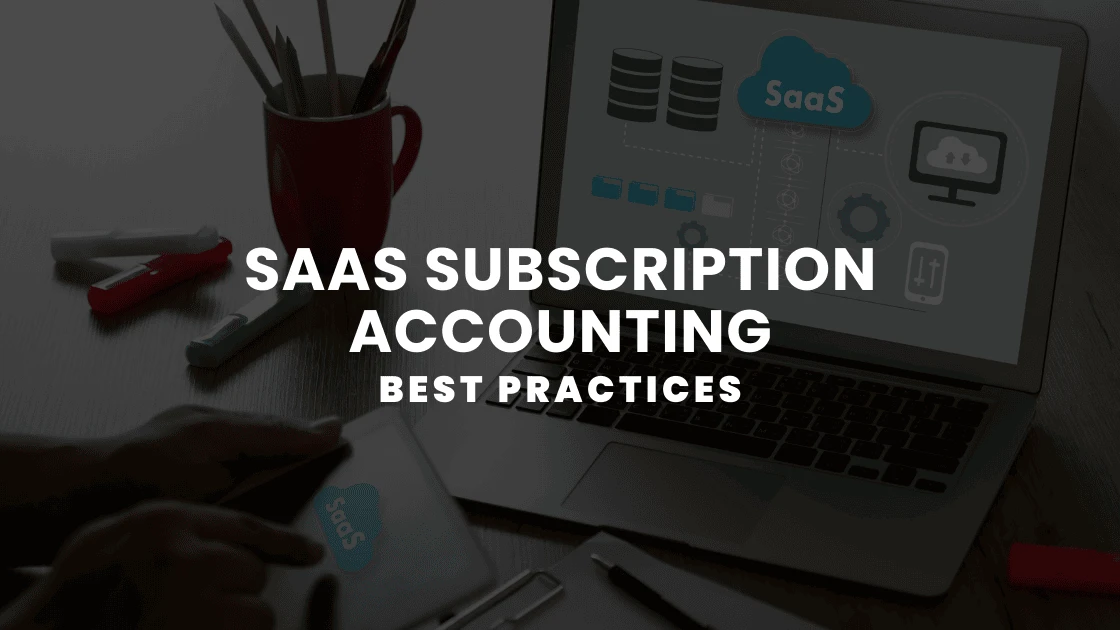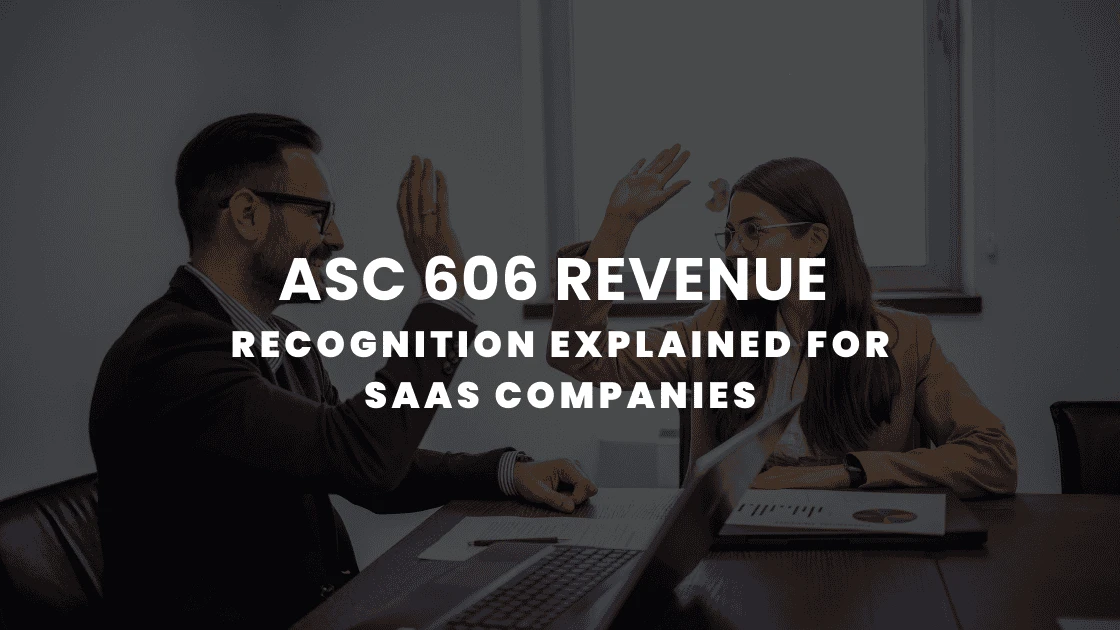March 15 2023 | By Wajiha Danish | 5 minutes Read

What is considered an Expense?
Here are a few examples of an expense report
What does an Expense Report include?
What is a Monthly Expense Report?
How To Get Paperless Expense Reports?
Choose an Expense Management Software
Digitize Your Receipts
Create and Submit Expense Reports Online
Automate the Approval Process
Save and Backup Your Records
Why are expense reports important for small businesses?
Financial Control
Budgeting
Tax Deductions
Compliance
Fraud Prevention
In A Nutshell…
Expense report is a document used to record and report business expenses incurred by an employee during work-related activities. It typically includes information such as the date of the expense, the name of the employee who incurred it, the expense’s purpose, the expense’s amount, and any supporting documentation such as receipts or invoices.
Now that we know what is expense reporting let’s see where it is used. They are important for the companies to track and manage their expenses, ensure compliance with company policies and procedures, and for tax and accounting purposes. Employees are typically required to submit their expense reports regularly, such as monthly or quarterly, and are reimbursed for their approved expenses.
An expense is a cost incurred by a person or organization to generate revenue or conduct business operations. Generally, an expense is any cost incurred in the ordinary course of business necessary to work.
It’s important to note that expenses are different from investments or capital expenditures, which are costs incurred to purchase long-term assets or to improve the business’s capabilities. Expenses are typically deducted from revenue when calculating profit or loss for tax purposes.
Examples of business expense reports might include salaries and wages, rent, utilities, advertising, travel expenses, office supplies, and insurance premiums. Common expenses for individuals include rent or mortgage payments, groceries, utilities, transportation, and medical expenses.
Expense reports can be submitted in various formats, including paper or electronic forms, and may be processed manually or through an automated expense management system.
An expense report is a document that summarizes the expenses incurred by an individual or organization during a specific period. Generally, an expense report includes the following information:
– Date of the expense: The date on which the expense was incurred.
– Purpose of the expense: A brief description of the reason for the expense.
– Amount of the expense: The cost of the item or service.
– Category of the expense: The category to which the expense belongs, such as travel, meals, office supplies, etc.
– Payment method: How the expense was paid, such as cash, credit card, or check.
– Receipts: Supporting documentation for the expense, such as receipts or invoices.
– Total amount: The total amount of all expenses incurred during the reporting period.
A monthly expense report is a document that summarizes an individual’s or a business’s expenditures for a given month. This report provides a detailed breakdown of all expenses, including fixed and variable costs, such as rent or mortgage payments, utilities, insurance, groceries, transportation, entertainment, and other miscellaneous expenses.
A monthly expense report provides a clear picture of where the money is being spent and identifies areas where expenses can be reduced or optimized. By analyzing the report, individuals or businesses can determine if they are sticking to their budget, need to adjust their spending habits, or need to look for ways to increase their income. Monthly expense reports can be helpful for personal financial planning, budgeting, and tracking expenses in a business setting.
Following are the steps to get paperless expense reports:
Select an expense management software that allows you to upload receipts, create expense reports, and submit them for approval electronically. Several software options are available, such as Concur, Expensify, and Zoho Expense.
To go paperless, you will need to digitize your receipts. You can use a scanner to create a digital copy of your receipts or take a photo of them with your smartphone. Make sure the receipts are clear and easy to read.
Once you have digitized your receipts, you can create and submit expense reports online using the expense management software. Enter the details of each expense, such as the amount, date, and purpose, along with a copy of the receipt.
Many expense management software options allow for automated approval processes. It can streamline the approval process and reduce the time it takes to get reimbursed for your expenses.
Securely save and back up all your digital records, including expense reports and receipts. It will help you stay organized and ensure you have access to all your records if needed.
Expense reports are important for small businesses for several reasons:
Expense reports help small business owners keep track of all expenses, including those that employees may have made. By monitoring these expenses, business owners can ensure that their financial resources are used effectively and efficiently.
Expense reports provide small business owners with a clear understanding of where their money is going. This information can be used to create accurate budgets essential for planning and forecasting.
Small businesses can deduct many expenses from their taxes, including travel, meals, and entertainment. Expense reports can provide the documentation needed to claim these deductions.
Many industries have specific regulations that require companies to keep detailed records of their expenses. Expense reports can help small businesses comply with these regulations, reducing the risk of fines or legal action.
Expense reports can help small businesses detect and prevent fraud. Business owners can identify any irregularities or suspicious activity by requiring employees to submit detailed reports.
Expense reports are typically used by businesses or individuals to keep track of expenses and to seek reimbursement for business-related expenses. The information in the expense report can be used for tax purposes, budgeting, and financial reporting.
Read Also: The 5 Most Important Profitability Ratios You Need for Your Small Business
Subscribe for business tips, tax updates, financial fundamentals and more.
MORE BLOGS

Running a SaaS business can look simple from the outside. Customers sign up, pay monthly or yearly, and keep using the product. Quite straightforward, right? Behind […]
Learn More →
Revenue is the heartbeat of any SaaS business. But how and when that revenue shows up on your books can change everything, from investor confidence to […]
Learn More →
If you’re a small business, we will absolutely get it if you say you’re having a hard time choosing a payment platform for your company. And […]
Learn More →